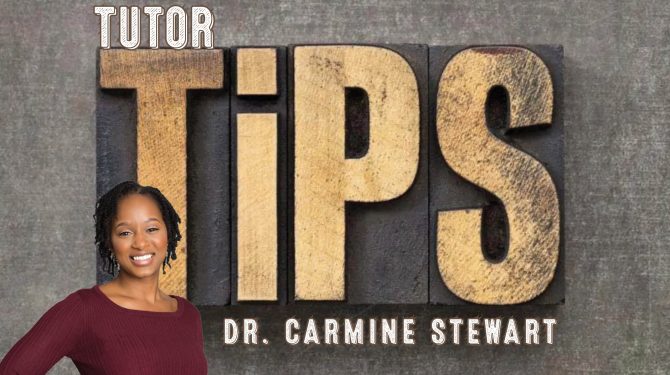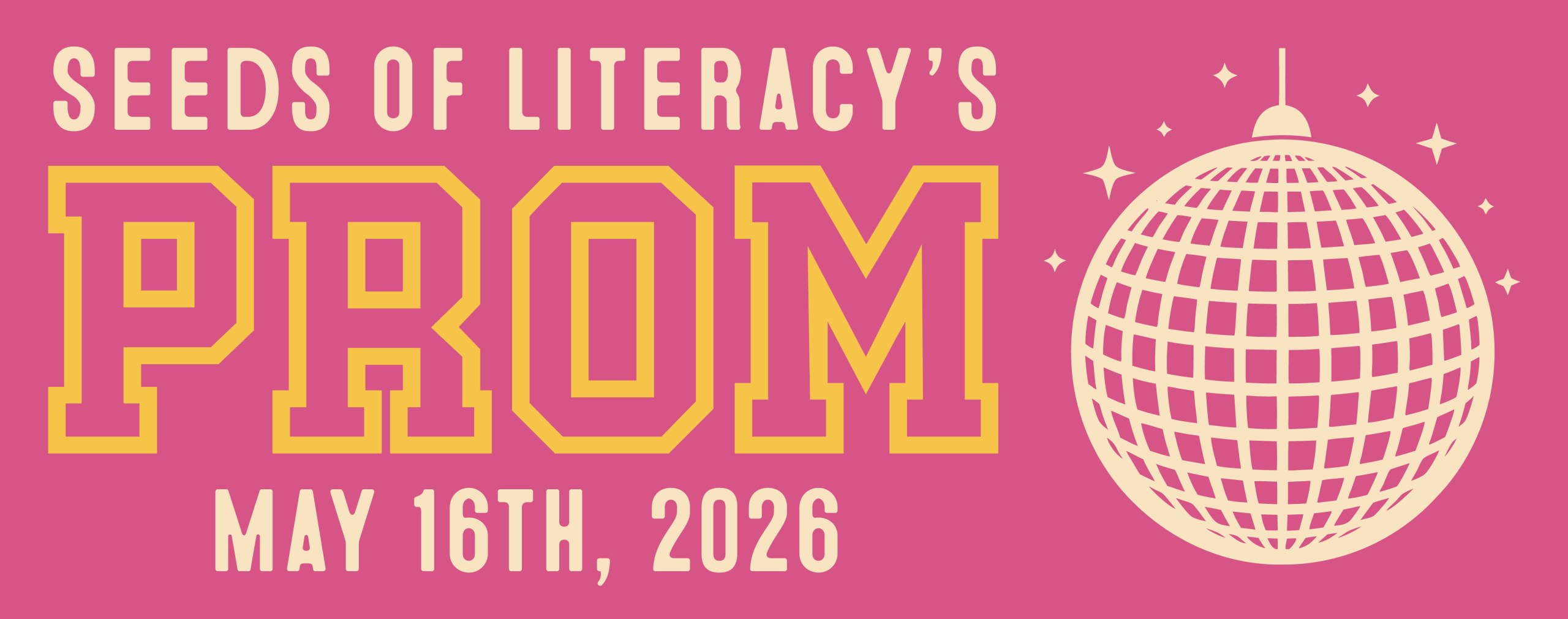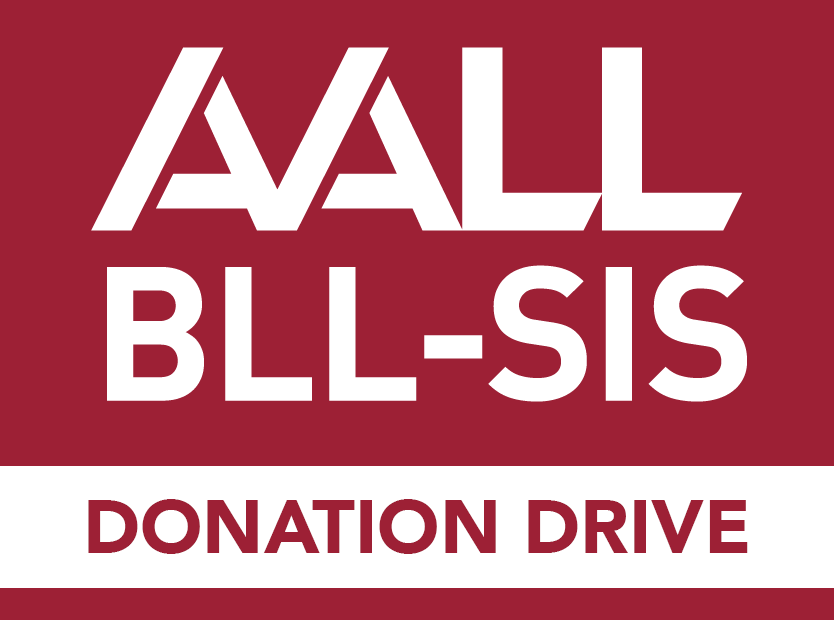Tutor Tips: Vocabulary…for Math

The following Tutor Tip from Dr. Carmine Stewart appeared in the January 2022 issue of Tutor News for Seeds of Literacy volunteers.
When most people hear the word “vocabulary” they think about language arts (reading and writing), science, or social studies. But mathematics has a vocabulary all its own.
It is easy to assume that students understand what you mean when you use a math term, but often that is not the case. Some tutors have used terms like prime and composite, even or odd, or even multiply or divide, only to find that the students did not understand those terms, or were confused about their meanings.
If learning was easy for you, it may be difficult to believe this happens. Unfortunately many of adult learners experienced challenges in their formative years (through no fault of their own) that did not permit them to build that solid foundation. They may have had learning challenges, experienced instability in their home lives, or they attended schools that were under-resourced and ill-equipped to provide an equitable education.
The good news is that there are things tutors at Seeds can do to help students shore up that foundation. But first, why is math vocabulary important?
- Math vocabulary is connected to the concepts and operations behind the terms. If a student doesn’t understand the terminology, they are probably also going to struggle with the concepts and operations without your help.
- The tests that the students take are not solely focused on computation, but also on a student’s ability to read information, and apply their math knowledge. The questions often use math vocabulary (i.e. find the quotient, reduce to lowest terms, find the common denominator). If we don’t help students become familiar with math vocabulary we could be setting them up for failure when they go to test.
- Multiple terms can be used to represent the same math concepts (add, combing, how many in all, sum, total). Students who are familiar with these terms are less likely to be confused by test question text.
Here are a few tips for helping students develop math vocabulary.
- Ask students to explain what terms mean; if they can explain it in their own words, then they understand the terms.
- If a student cannot explain the terms, help them find the definitions (dictionary.com)
- Define new terms without using a lot of math jargon. For example, defining a prime number by saying that prime numbers are the numbers that are not composite numbers is not helpful for a student who doesn’t know what a composite number is. Use simple language building on what you know the students already know.
- Try to explain the concept behind the terms. For example, “some numbers can be evenly divided by many numbers- 8 can be evenly divided by 8, 4, 2, and 1. A number that can be divided by many numbers is called a composite number.”
- Use math vocabulary in your conversations with students and encourage them to do the same. This increases their exposure to, and familiarity with the terms.
- Some students remember things better when they write them down, or are able to associate images with what they are learning. Encourage students to write definitions, and possibly create an image/drawing to help cement the term and concept into the student’s memory.
# # #
A recognized leader in the field of adult education, Dr. Carmine Stewart currently maintains dual roles as:
- Vice President of Programming for Seeds of Literacy – overseeing the development of workforce partnerships, the creation and launch of the Beginning & Struggling Readers program, professional development for tutors, and the GED in Spanish initiative
- President & CEO of ACES (Adult Consulting and Educational Services, formerly Aspire) – conducting research, evaluation, assessment, data analysis, and professional development training for school districts and adult literacy agencies.


